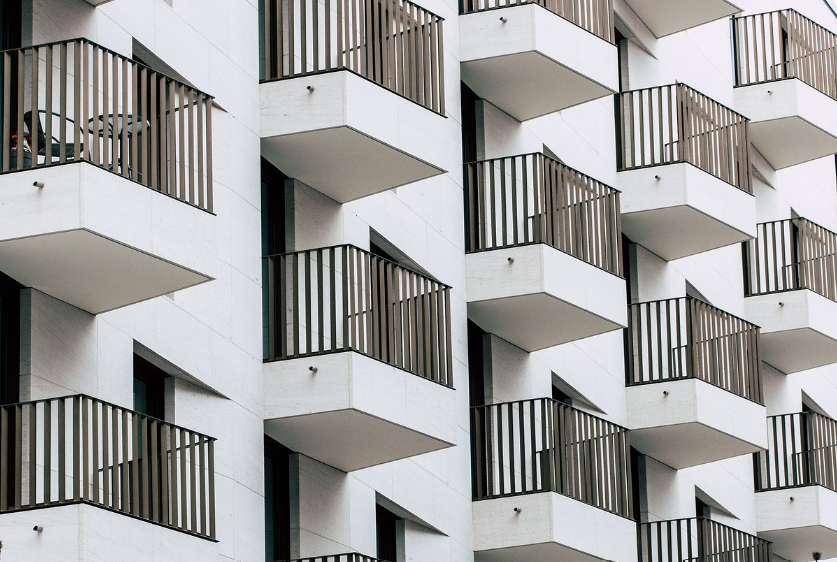
Seoul, South Korea – Seoul City has announced significant regulatory changes aimed at boosting the supply of officetel units and revitalizing urban redevelopment projects. The city has established new standards permitting the installation of external windows on officetel balconies, a move expected to enhance the appeal of these mixed-use residential and commercial spaces.
Historically, the installation of external windows on balconies has been a common practice in residential apartments, effectively expanding living spaces. However, while officetel units were permitted to have balconies following a government regulation change in February of last year, the allowance of external windows remained ambiguous. With the new standards, Seoul City has clarified that external windows are indeed permissible on officetel balconies, and has removed restrictions on installation floor height, and balcony width.
Despite these changes, Seoul City emphasizes that officetel units, classified as 'business facilities' under the Building Act, are not eligible for structural modifications such as balcony expansions. However, there are concerns from the construction industry that individual owners may still attempt unauthorized expansions, potentially leading to a surge in illegal modifications.
In a parallel move, Seoul City has also eased regulations within redevelopment promotion districts. Notably, the mandatory public contribution (donation) standard, previously set at a minimum of 10% of the project area, has been abolished. This change will allow developers to utilize additional space, thereby stimulating redevelopment projects.
Furthermore, regulations concerning non-residential ratios in commercial and semi-residential areas have been relaxed. The minimum non-residential ratio in commercial areas has been lowered from 20% to 10%, while the requirement in semi-residential areas has been entirely eliminated. This will enable developers to construct more residential units in mixed-use buildings, enhancing project profitability.
To further incentivize redevelopment projects, Seoul City will introduce the 'business feasibility correction factor' to redevelopment promotion districts. This factor, which provides additional floor area ratio incentives, will improve the profitability of redevelopment projects with low feasibility.
Seoul City plans to amend relevant ordinances to ensure the swift application of these revised standards. The city will also conduct educational sessions for district offices and associations to minimize confusion among private sector stakeholders.
"The comprehensive revision of redevelopment promotion plan establishment standards will have a significant positive impact on the profitability of numerous projects," said Choi Jin-seok, head of Seoul City's Housing Bureau. "We will continue to provide unwavering institutional support for redevelopment promotion projects to ensure an adequate supply of housing in a timely manner."
[Copyright (c) Global Economic Times. All Rights Reserved.]






























